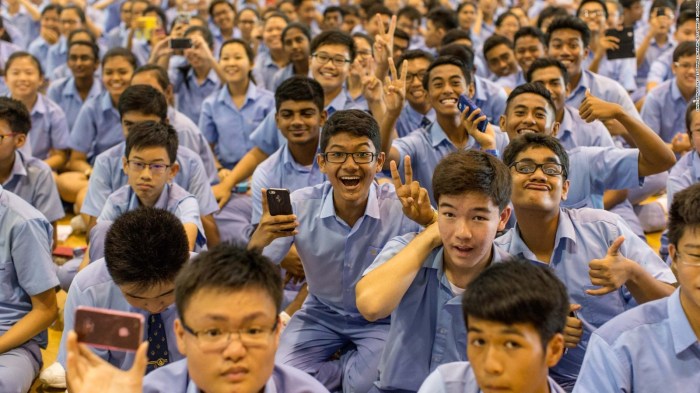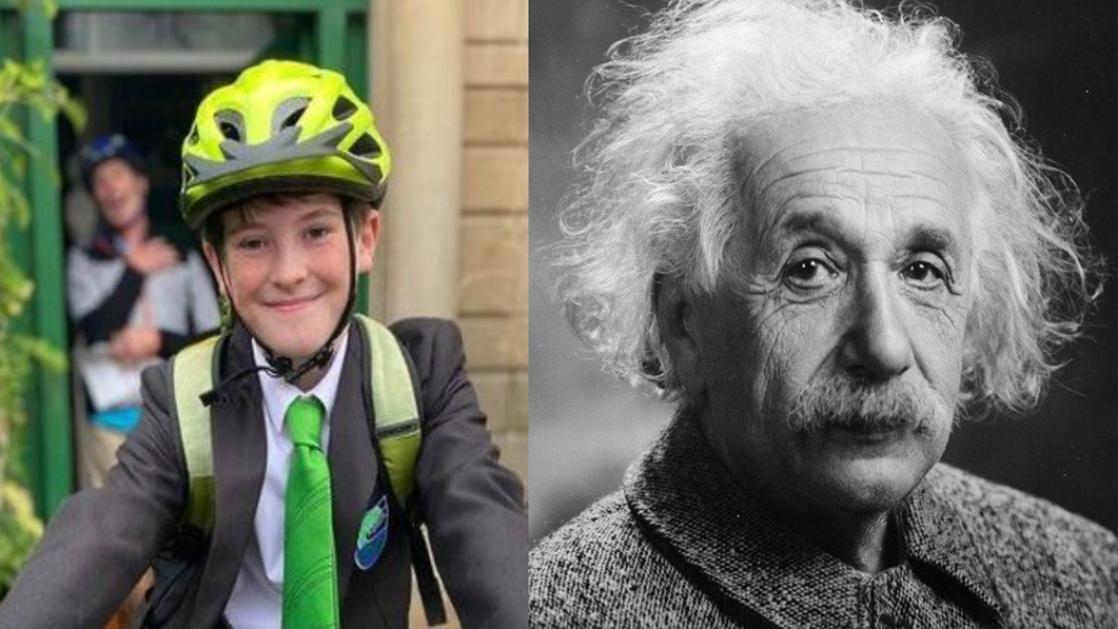The smartest kids in the world summary – In the realm of education, the concept of “the smartest kids in the world” has captivated our imagination, sparking curiosity and debate. This summary delves into the intricacies of this topic, exploring the diverse ways intelligence is measured, the characteristics that set these children apart, and the educational approaches that nurture their brilliance.
From historical prodigies to contemporary child geniuses, we examine the factors that contribute to exceptional intelligence, unraveling the interplay of genetics, environment, and education. By delving into the cognitive abilities, learning styles, and social-emotional development of these remarkable individuals, we gain insights into the unique qualities that define them.
Background and Context: The Smartest Kids In The World Summary

The concept of “the smartest kids in the world” has been around for centuries. In ancient Greece, Plato believed that intelligence was innate and could be identified through observation and testing. In the 19th century, Francis Galton developed the concept of “genius” and argued that intelligence was inherited.
Today, intelligence is typically measured using standardized tests that assess cognitive abilities such as verbal reasoning, mathematical ability, and spatial reasoning.
Identifying and Measuring Intelligence
There are a variety of methods used to identify and measure intelligence in children. These methods include standardized testing, observation, and interviews. Standardized tests are the most common method of measuring intelligence and provide a score that can be compared to other children of the same age.
Observation and interviews can provide additional information about a child’s intelligence and can help to identify children who may not be well-suited for standardized testing.
Characteristics and Traits, The smartest kids in the world summary
Children who are considered “the smartest kids in the world” typically exhibit a number of common characteristics and traits. These characteristics include:
- High levels of cognitive ability
- Exceptional learning skills
- Strong problem-solving skills
- Advanced language skills
- High levels of curiosity
- A strong drive to learn
Educational Approaches
There are a variety of educational approaches that have been used to nurture and develop the intelligence of “the smartest kids in the world.” These approaches include:
- Enrichment programs
- Accelerated learning
- Personalized learning
Enrichment programs provide opportunities for children to learn beyond the traditional curriculum. Accelerated learning programs allow children to progress through the curriculum at a faster pace. Personalized learning programs tailor the curriculum to the individual needs of each child.
Challenges and Opportunities
Children who are considered “the smartest kids in the world” face a number of unique challenges and opportunities. These challenges include:
- Social isolation
- Perfectionism
- Burnout
Social isolation can occur when children who are intellectually advanced find it difficult to relate to their peers. Perfectionism can lead to anxiety and stress. Burnout can occur when children are pushed too hard to achieve.
Opportunities for children who are considered “the smartest kids in the world” include:
- Access to advanced educational opportunities
- Opportunities to develop their talents and abilities
- The chance to make a positive impact on the world
Frequently Asked Questions
What is the most accurate way to measure intelligence?
Intelligence is a complex and multifaceted construct, and there is no single “most accurate” way to measure it. Different methods assess different aspects of intelligence, and the most appropriate method will depend on the specific purpose of the assessment.
Are the smartest kids always the most successful in life?
Intelligence is certainly a significant factor in success, but it is not the only one. Other factors, such as personality, motivation, and social skills, also play a role. Additionally, success is often defined differently in different cultures and contexts.
What is the best way to nurture the intelligence of gifted children?
There is no one-size-fits-all answer to this question, as the best approach will vary depending on the individual child. However, some general tips include providing a stimulating environment, encouraging creativity and curiosity, and offering opportunities for intellectual growth.



